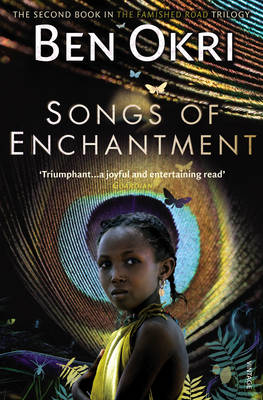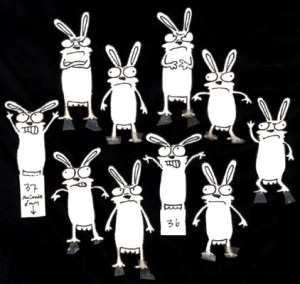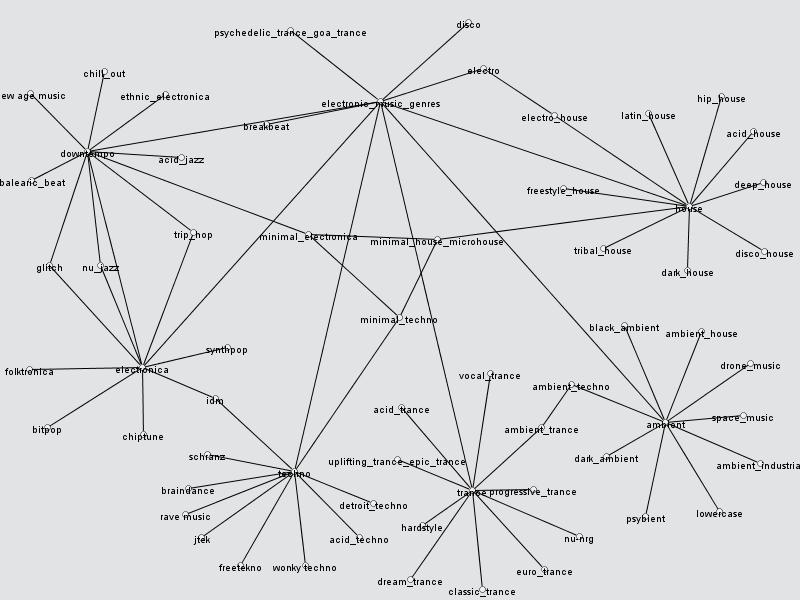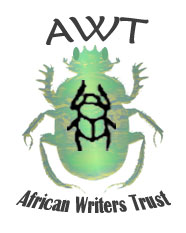 Ben Okri is back. This time not with just a new book but a new experimental form in the name of Stoku. In his own words, “A stoku is an amalgam of short story and haiku. It is a story as it inclines towards a flash of a moment, insight, vision or paradox.”
Ben Okri is back. This time not with just a new book but a new experimental form in the name of Stoku. In his own words, “A stoku is an amalgam of short story and haiku. It is a story as it inclines towards a flash of a moment, insight, vision or paradox.”
Personally I’m amused at this stoku thing because it sounds new in name. But the style really isn’t. From time immemorial writers have always merged genres. Some fuse folk tales in their poetry, short stories in songs, sonnets in novels, essays, plays and so forth. From the African perspective, we learn to incorporate ‘oral literature’ into the written literature and creating the hybrid, Orature. However, I wonder about performance poetry that ‘dismisses’ the written form. When it’s published in its performance format, does it become perforature?
Anyway, back to Ben Okri. My first confession is that I haven’t read Tales of Freedom, the collection that brings this stoku form, so my point is not to judge what I do not even know. But soon, I’ll find out. I’ll get a copy and see where these stokus take me. I’ve read reviews, two that are trying to explore whether Ben Okri has delivered. Jay Parini in the Guardian thinks he has not. Lucy Daniel in the Telegraph is somewhat mystified. My friend, Goretti Kyomuhendo, who attended Ben Okri’s reading and talk, says the stoku thing sounded all too clever when Okri explained it. And it made a lot of sense when one listened to him. My feeling now is that this stoku thing in Tales of Freedom makes sense when Ben Okri explains it. Not when he writes it. Therefore as a writer he may not have fulfilled the desires of some of his readers. As an explainer of the new form, he’s made a mark. It’s up to us to decide where to nail him. I’m not the one with the hammer, or the nails. Some bloggers I’ve been reading commend him on his professorial note. I was hoping to hear more on his writing note—Tales of Freedom—in particular. I subscribe to one school that discourages trying to explain what you’re doing in your writing. If you’re good at it, the readers won’t miss it. But I also like the fact that as a writer, when you’re true to yourself, you know your ‘shit’ better and you don’t have to wait for someone else to name it for you.
Bear in mind that after all is said and done, we may all be crying about nothing, really. Writing itself, creative writing in its process and product essence is a continuous fascination to those in the word business so it will go through transformations, mutations, marriages, amalgamations and so forth. Orature now seems so old. Other forms and portmanteau words come and go. In the name of creation, style, difference, whatever, some writers have written entire novels in verse, like Vikram Seth’s Golden Gate, a beautiful read in my opinion. In fact, a fav of mine plus all his other novels. And of course Pushkin, the master, for his novel in verse, Eugene Onegin.
Hugh Nissenson in The Tree of Life amalgamates diary, memoir, ledger accounts, and diagrams. The Tree of Life is called a novel. The book that refuses categorization is Michael Ondaatje’s The Collected Works of Billy the Kid: Left Handed Poems. Being a synthesis of poetry, photography, storytelling, history, and myth, some of us conveniently called it a text in our MFA class. Others were comfortable to call it a book. The literary encyclopedia online suggests, “The Collected Works of Billy the Kid is a difficult text to categorize generically. Its subject is historical – the late nineteenth century American outlaw William H. Bonney, better known as Billy the Kid – yet its approach is every bit as fictive as biographical, if not more so. Ondaatje himself has referred to the text as a poem, yet the book is a collage of poetry, prose and image, incorporating quotation from, and pastiche of, both historical and pop-culture sources. The best way to describe it, perhaps, is as a work of historiographic metafiction, viewing the past, and the past’s textual remains in the present, through a highly self-conscious, self-reflexive and fragmented literary filter.” There! I go with that.
My take is that Ben Okri, not wanting to be categorized by others, went ahead to name his thing. When he announced his new book is ‘properly Stokus,’ we were all like, what’s that? I’m sure that’s his joy because here we are, here I am being fascinated by this Stokus thing. One blogger says, “It’s always good fun to see what crazy contraptions writers and poets have under their belts. Ben Okri’s is his own creation – story fused with haiku: Stoku.” Word of caution: It will all come to pass. I’m sure you already know this. Simply enjoy the game while it lasts. Not so long ago the buzz thing was a novel written entirely on the blackberry during the F train commute by Peter V. Brett. Say goodbye to the writers’ residences! There’s the Vancouver author, Cheryl Kaye Tardif, who is writing her fourth novel on her iPhone 3G. Nice! Now there’re all kinds of leads and advice on How To Start A Twitter Novel, following the success of a novel that was written on Twitter by public consensus. The writer posted information on his plot, characters and so forth, and the public made suggestions where they wanted the writer to take the story. By the time the writing was through, a crowd was behind the writer (as co-writers really) cheering and congratulating one another for the shared task. I think there should be an entire genre dedicated to collective writing.
 Then on scene stepped John Edgar Wideman, a buster of literary genre you can name. He announced he was going Lulu—self-publishing. My first reaction was of course! He’s John Edgar Wideman. We shall read him all the same so let’s not imagine any puzzle or newness about his move. Try his stance however, if you’re still unknown, and only your kind, blind grandmother will ask about your book. So here we are in the buzz world.
Then on scene stepped John Edgar Wideman, a buster of literary genre you can name. He announced he was going Lulu—self-publishing. My first reaction was of course! He’s John Edgar Wideman. We shall read him all the same so let’s not imagine any puzzle or newness about his move. Try his stance however, if you’re still unknown, and only your kind, blind grandmother will ask about your book. So here we are in the buzz world.
The usual good news gets stale eventually; who lands the biggest book deal. Who signs 30 million copies. Whose autograph is more valued than the books themselves. A time comes and all of us try not to mind, really. We even start to criticize writers who are ‘obsessed’ with re-inventing new wheels (sometimes with the same flat tire). Trying too much, sometimes merely to please the crowd hence inclining toward commercial fiction. But at the end of the day, we are all watching who is going bling-bling literary, commercial or both. Today might be Ben Okri. His next move might be to avoid interviews with critics, writers and so forth, and even reject the label, magical realist we’ve come to know him by. We all like creating labels and breaking them too. It’s all part of a creative writer’s world view, actually. Not just style. Ben Okri’s part is done. He’s showed up at the right time and declared Stoku. For now all eyes will be on him, like mine are.







[…] on “Of enormous wild bulls”, a Stoku by Ben Okri, we were told to answer a few questions in class. The Stoku was about a woman, a […]